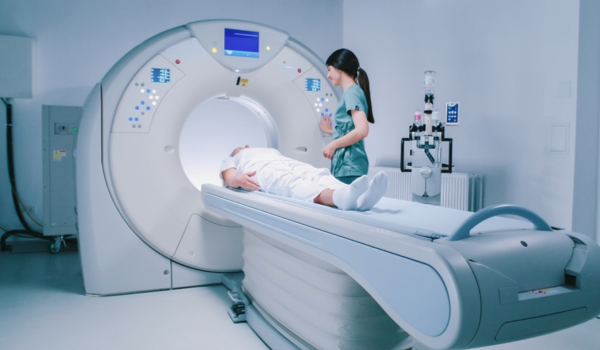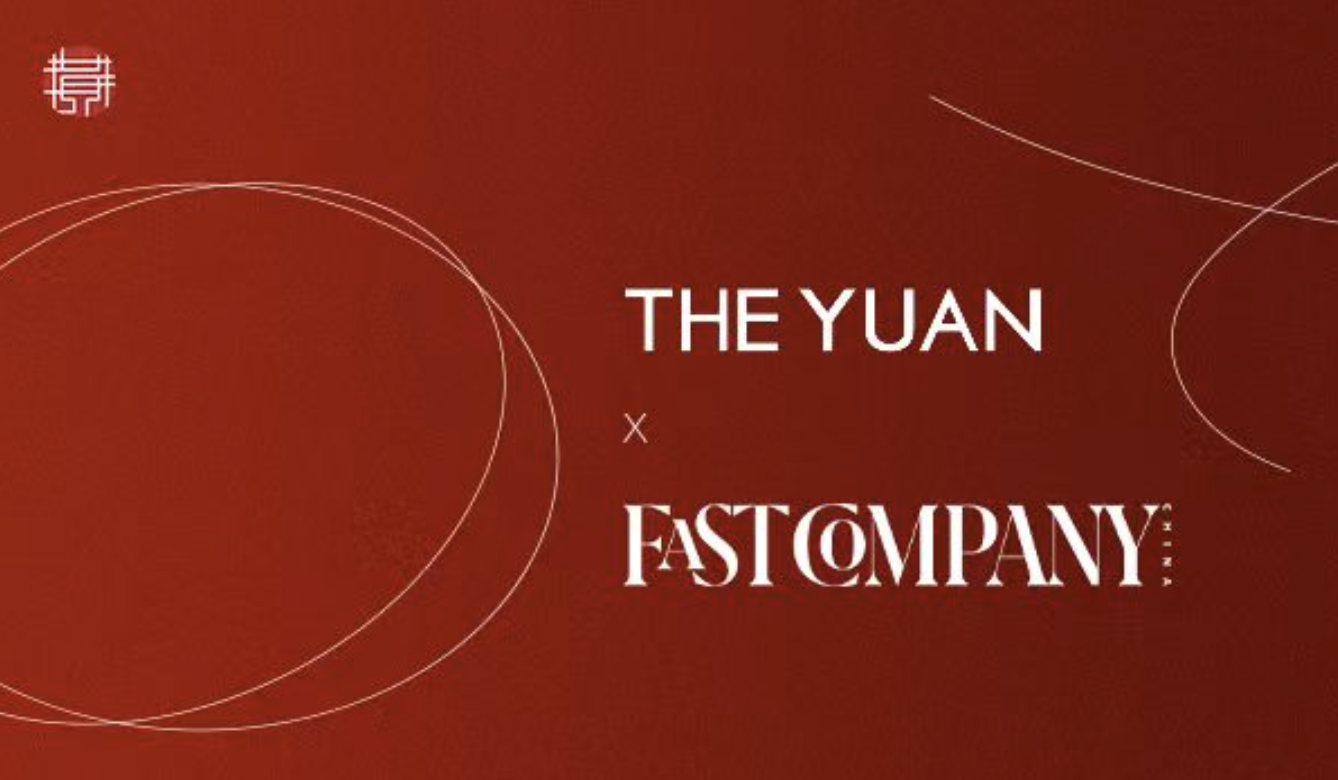


LOS ANGELES - Cancer, a formidable threat to human health, continues to pose significant challenges in early detection and prevention. As medical technology advances, the quest for effective screening tools is intensifying. Magnetic resonance imaging scans (MRIs), traditionally known for their diagnostic capabilities, are emerging as promising preventative screening tools for various types of cancer. This article takes a look at how MRIs might be used in early cancer detection, then examines the advantages, limitations, and the ongoing research shaping their role in preventive medicine.
MRIs employ powerful magnets and radio waves to generate detailed images of the internal structures of the body. Unlike X-rays or computed tomography scans, MRIs do not use ionizing radiation, making them a safer option in both long-term preventative care as well as treatments for younger patients. Their high resolution and ability to capture images in multiple planes provide a comprehensive view of the targeted area - attributes which also make them a valuable tool for screening cancer and, ultimately, the prevention of its progression and that of other serious diseases. MRIs also excel at distinguishing between different types of soft tissues, providing detailed images of organs and structures that would be more challenging to assess with other imaging methods. This is particularly advantageous for detecting tumors in organs with complex structures, such as the brain, liver, and prostate.
One of the biggest advantages of using MRIs as a screening tool for cancer is their ability to detect abnormalities at an early stage. Unsurprisingly, early detection significantly improves treatment outcomes and reduces mortality rates. Abdominal, pelvic, brain, and chest MRIs allow medical professionals to screen many of the most common places where tumors may develop. Catching tumors early is a big part of lifesaving treatment, and although screening recommendati
The content herein is subject to copyright by The Yuan. All rights reserved. The content of the services is owned or licensed to The Yuan. Such content from The Yuan may be shared and reprinted but must clearly identify The Yuan as its original source. Content from a third-party copyright holder identified in the copyright notice contained in such third party’s content appearing in The Yuan must likewise be clearly labeled as such. Continue with Linkedin
Continue with Linkedin
 Continue with Google
Continue with Google










 1334 views
1334 views







